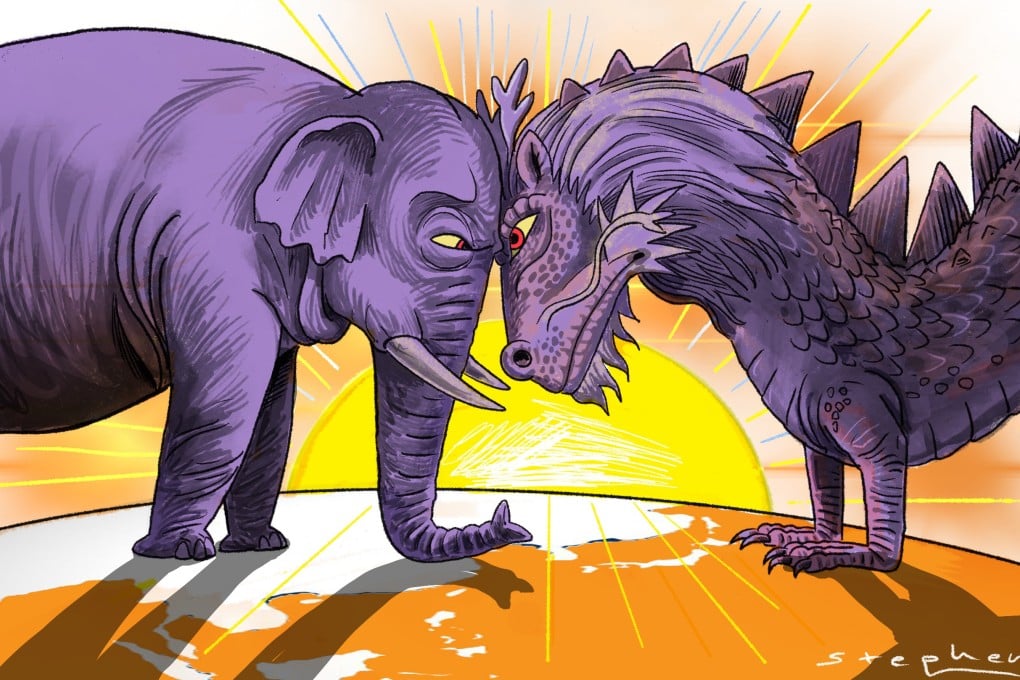Opinion | Troubled China-India relationship means the Asian century remains elusive
- While the addition of top oil-producing nations will give Brics greater heft, it is debatable whether the bloc will have enough cohesion to be effective
- Strained India-China ties not only complicate the grouping’s dealings, but also hold back Asia’s potential to shine

The group that was founded with the four nations in June 2009, and later incorporated South Africa, has now more than doubled its membership. Furthermore, the enlarged Brics will have six of the top 10 oil-producing nations of the world – Saudi Arabia, Russia, China, the UAE, Brazil and Iran.
This energy determinant will give Brics greater heft in the next few decades. Yet it is debatable whether the expanded group will have enough cohesion to be an effective bloc given the disparate strategic priorities of its members.
Brics was envisioned as a group of major emerging market nations that were expected to dominate the world economy by 2050. But the unstated geopolitical undercurrent was more than evident.
India has, until recent years, refused to be drawn into either the camp opposed to the US and the Western alliance or that opposed to China. However, increasing Chinese belligerence that adversely impacts India’s core interests is pushing New Delhi firmly into the American corner.
